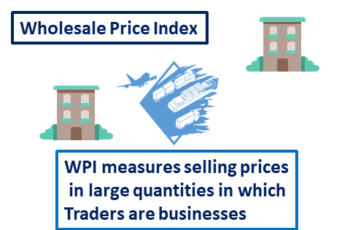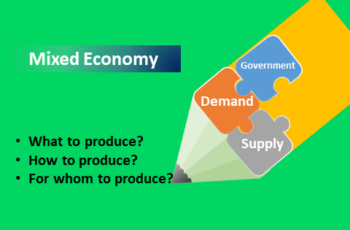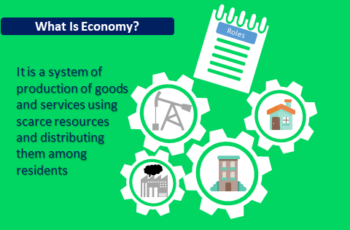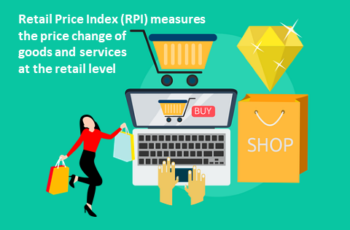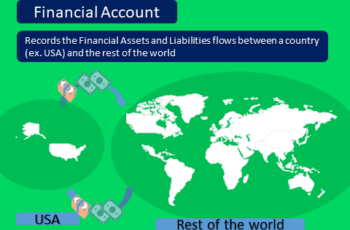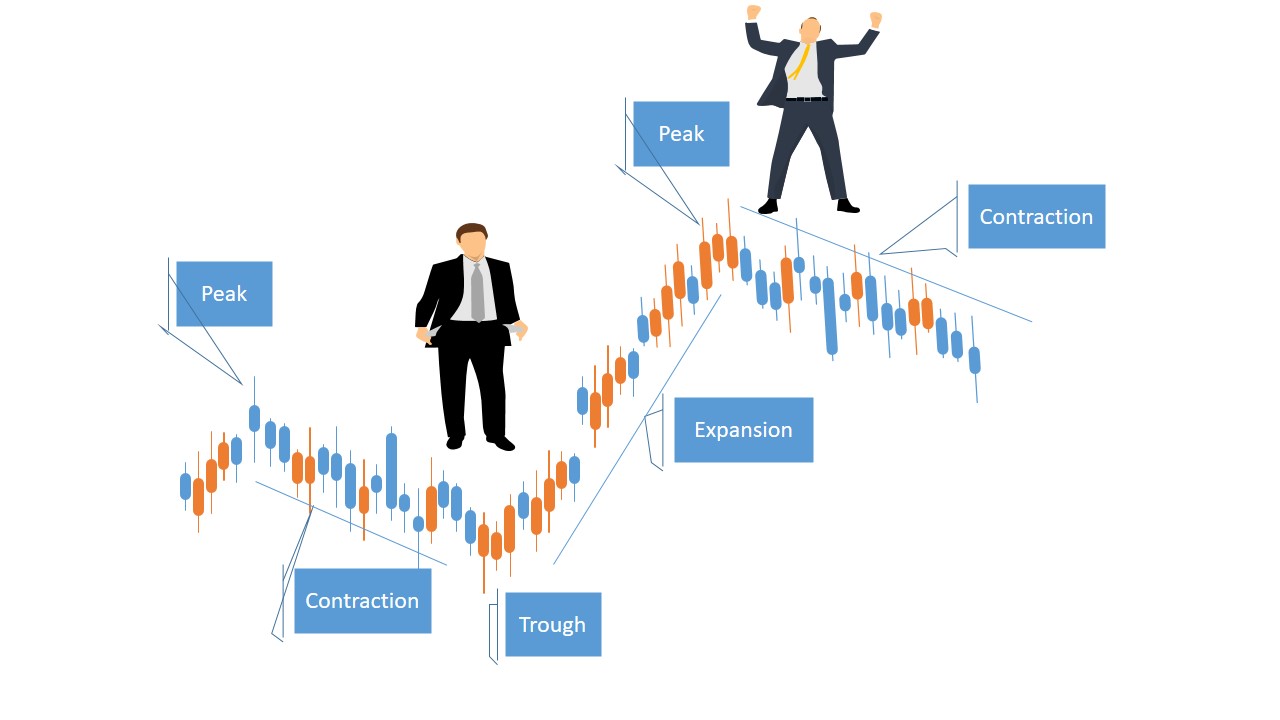National savings refer the sum of savings by all citizens in a country. Saving means an unexpended portion of your income. Individuals save for future investments or expenses.
National savings in a country is either invested domestically or invested abroad.
Investing abroad is a capital outflow, and investment by foreigners in your country is a capital inflow. Capital inflow is better than capital outflow.
National Savings Rate
The national savings rate indicates the percentage of income that its citizens save. It is calculated by dividing savings by income and multiplying by 100 to find a percentage term.
For example, if your monthly income is $4000 and you are saving $1000, your saving rate is 25%
Brunei, Macao, Kiribati, and Suriname have the highest national savings rates. In the United States, which is the biggest economy, the national saving rate is less than 10 percent. On the other hand, in China, the second-biggest economy, the saving rate is 45 percent.
Where Do People Invest or Store Their Savings?
Today savors have a variety of options to invest or store their saving. A person can invest his saving in precious metals such as gold and silver, purchase government bonds, buy stocks of public traded companies, or save in banks.
A person commonly puts his savings in the bank to receive interest, and the bank lends to investors. Commercial banks lend to investors multiple times than the saving deposited by a person into a bank. The number of times that a bank can lend more than saving deposits by people depends on Required Reserve Ratio by Central Bank.
In the past, the interest rate paid to a savor was much higher than nowadays. Today the central bank stimulates the economy, cuts interest rates, and even sets a negative rate.
The interest rate in Japan and Swiss is below zero, which means the savor pays the bank for using his money.
In some countries in Europe, sometimes the interest rate is zero, which means you don’t pay to use your money, and the bank also doesn’t pay you for using your money. In some countries such as India and China, the interest rate is above zero, around 4%.
What Factors Affect the National Savings Rate?
The National Saving rate directly impacts investment in a country and the Gross Domestic Product (GDP). Investments by savors create jobs and economic and political stability.
Factors that affect the saving rate can be numerous. Factors that directly affect the saving rate are:
- Inflation: Higher inflation discourages saving because the purchasing power of money will decline later. Deflation encourages people to save as their money can buy more later.
- Political Stability: People have confidence in politically stable governments, thus increasing savings.
- Interest Rate: High-interest rate encourages people to save for later spending, and a low-interest rate is the opposite.
- Demographic: Younger people have less tendency to save, and older people have a higher tendency to save.
- Income: High earners can save more, while low earners need to spend for daily necessities.
Bottom Line
The national saving is an unexpended portion of your income. Depending on where you live, you may receive interest on your deposit into the bank or pay for using your money by the bank. If you are a savor, it is a very highly likely wise idea wherever you live to invest in something than depositing your money into a bank.

